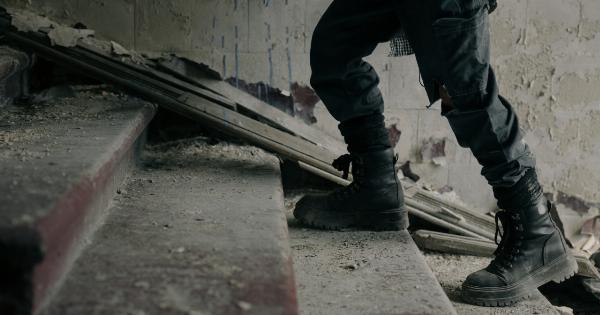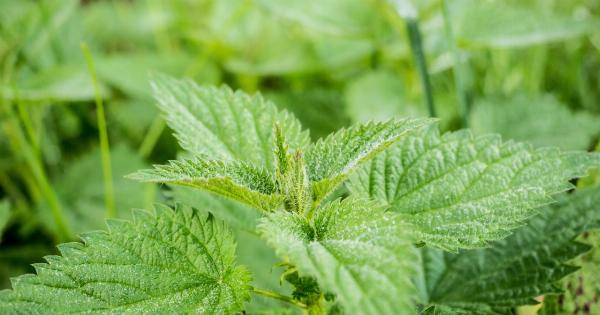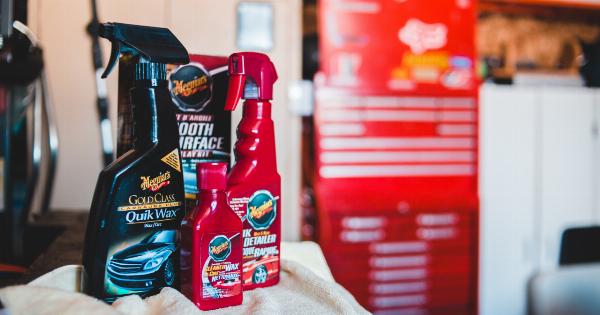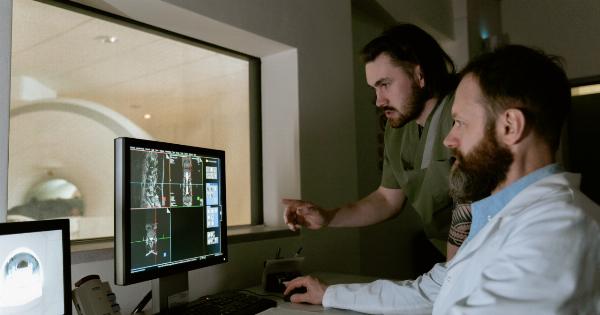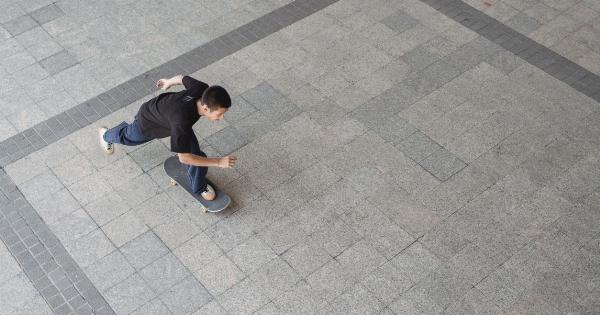Cholecystitis is a medical condition that occurs when the gallbladder, a small organ located beneath the liver, becomes inflamed. The inflammation is usually caused by gallstones, which are hard deposits that form inside the gallbladder.
Other causes of cholecystitis include infections, tumor growths, and traumas to the area.
Symptoms of Cholecystitis
The symptoms of cholecystitis can vary between individuals. However, some common symptoms of the condition include:.
- Severe pain in the upper-right side of the abdomen
- Pain that radiates to the back or between the shoulder blades
- Fever
- Nausea
- Vomiting
- Clay-colored stools
- Yellowing of the skin or whites of the eyes (jaundice)
When to Seek Medical Help
If you are experiencing any of the symptoms of cholecystitis, it is important to seek medical help. If left untreated, the condition can lead to serious complications such as a ruptured gallbladder, sepsis, or pancreatitis.
Your doctor will likely perform a physical exam and order some tests to diagnose cholecystitis. These tests may include blood tests, an ultrasound, a CT scan, or a HIDA scan.
Treatment for Cholecystitis
The treatment for cholecystitis depends on the severity of the condition. In some cases, the inflammation may go away on its own. However, most cases require medical treatment.
If the inflammation is caused by gallstones, your doctor may recommend a procedure called a cholecystectomy – the removal of the gallbladder.
This can be done using minimally invasive laparoscopic surgery, which involves making a small incision in the abdomen.
If the inflammation is caused by an infection, your doctor will likely prescribe antibiotics to treat the infection. They may also drain any pus that has accumulated in the gallbladder.
Preventing Cholecystitis
While cholecystitis can be a serious condition, there are steps you can take to lower your risk of developing the condition. These include:.
- Maintaining a healthy weight
- Eating a healthy diet that is low in fat
- Exercising regularly
- Avoiding rapid weight loss
Closing Thoughts
Cholecystitis can be a serious medical condition that requires prompt medical attention. If you are experiencing any of the symptoms of the condition, it is important to seek medical help.
Treatment for the condition usually involves medications and, in some cases, surgery. Taking steps to prevent cholecystitis, such as maintaining a healthy weight and eating a balanced diet, can help lower your risk of developing the condition.



